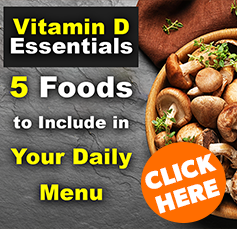Vitamin C is water soluble, found in many foods, and functions as a cofactor. A cofactor is a helper molecule that assists in biochemical transformations.
The biochemical role of vitamin C is to act as an antioxidant. Antioxidants defend against free radicals, boosts your immune system, and reduces your risk for diseases.
Daily Intake
“The Recommended Dietary Allowance for adults 19 years and older is 90 mg daily for men and 75 mg for women“, according to Harvard.
Numerous foods are rich sources of vitamin C, and here is a list of several of them:
1. Acerola Cherries (Malpighia emarginata)
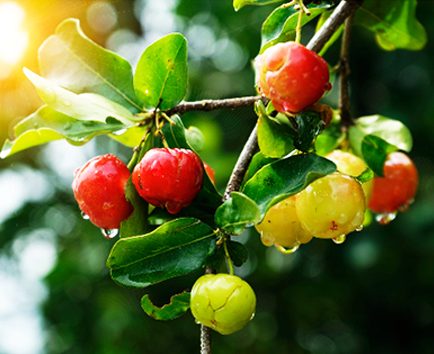
Acerola Cherries (also known as Barbados Cherries) have a vitamin C content of up to 4500 mg per 100 g (3.5 oz), according to this NLM article. Making it one of, or the highest content of vitamin C in a fruit.
2. Kakadu Plum (Terminalia ferdinandiana)
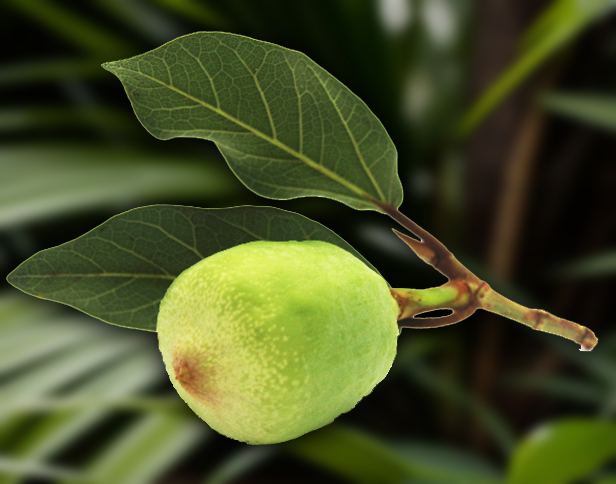
The Kakadu Plum has a vitamin C content of up to 3150 mg per 100 g, based on this NLM article.
3. Camu Camu (Myrciaria dubia)
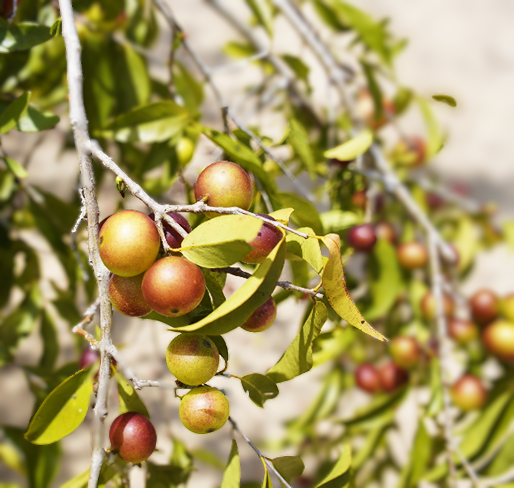
The Camu Camu has a vitamin C content of up to 2280 mg per 100g, as stated in this NLM article.
4. Rose Hips (Rosa canina L.)
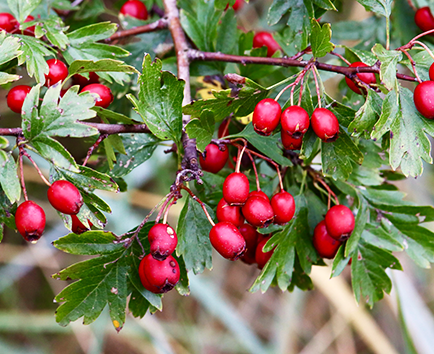
Vitamin C content: 426 mg per 100 g.
5. Guava (Psidium guajava)
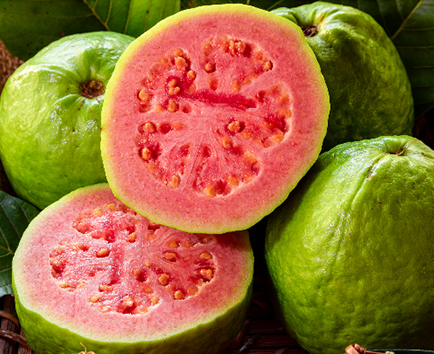
Vitamin C content: 228 mg per 100 g.
6. Chile Pepper (Capsicum annuum)
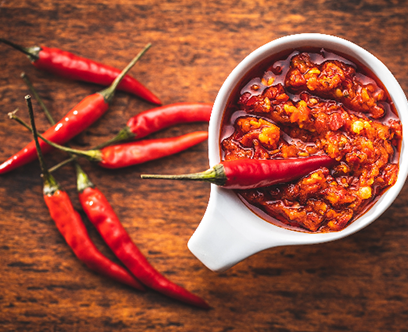
Vitamin C content: 144 mg per 100 g.
7. Jalapeño Pepper (Capsicum annuum ‘Jalapeño’)
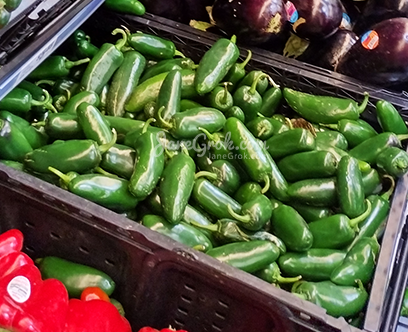
Vitamin C content: 119 mg per 100 g.
8. Banana Pepper (Capsicum annuum ‘Banana Pepper’)
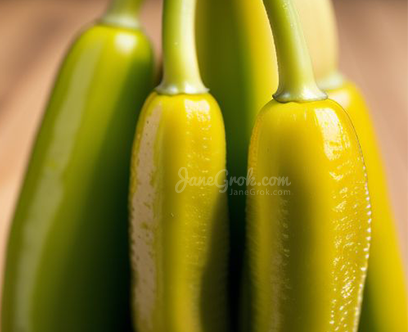
Vitamin C content: 102 mg per 100 g.
9. Kale (Brassica oleracea var. sabellica)
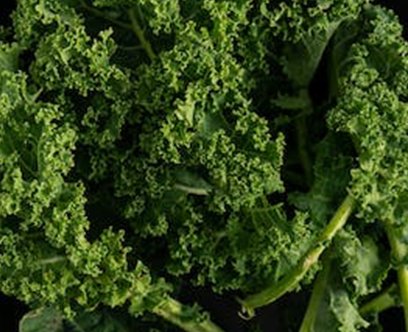
Vitamin C content: 93 mg per 100 g.
10. Broccoli (Brassica oleracea var. italica)

Vitamin C content: 89 mg per 100 g.
11. Kiwi (Actinidia)
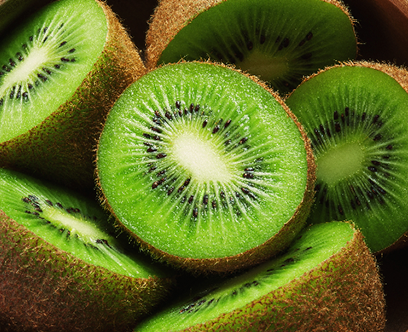
Vitamin C content: 92 mg per 100 g.
12. Brussel Sprouts (Brassica oleracea var. gemmifera)
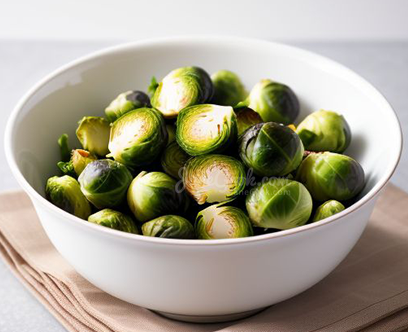
Vitamin C content: 85 mg per 100 g.
13. Pimiento Pepper (Capsicum annuum)
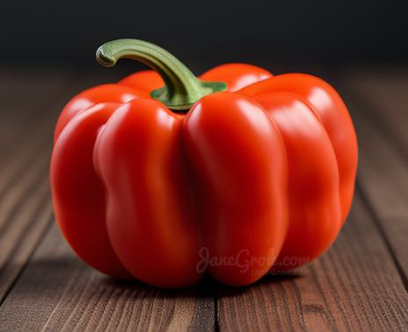
Vitamin C content: 85 mg per 100 g.
14. Bell Pepper (Capsicum annuum)
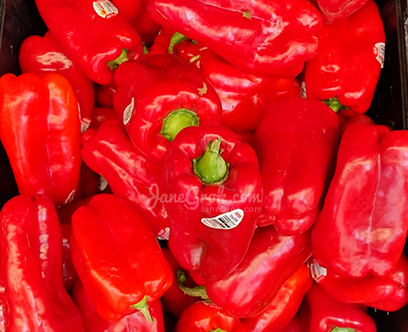
Vitamin C content: 80 mg per 100 g.
15. Papaya (Carica papaya)
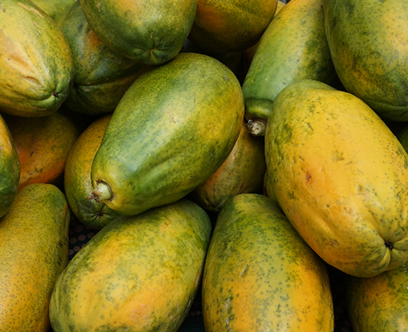
Vitamin C content: 61 mg per 100 g.
16. Strawberry (Fragaria × ananassa)
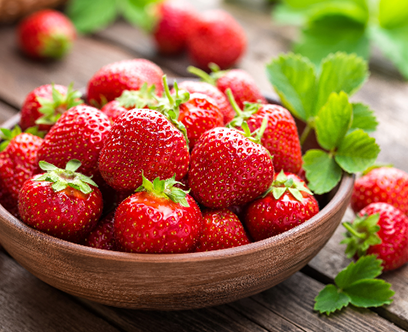
Vitamin C content: 59 mg per 100 g.
17. Orange (Citrus × sinensis)
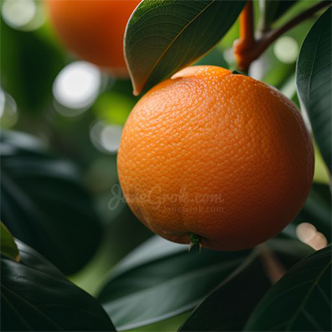
Vitamin C content: 53 mg per 100 g.
18. Lemon (Citrus limon)
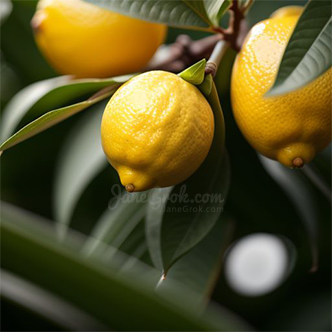
Vitamin C content: 53 mg per 100 g.
19. Pineapple (Ananas comosus)
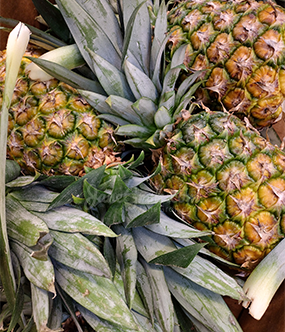
Vitamin C content: 48 mg per 100 g.
20. Cantaloupe (Cucumis melo var. cantalupensis)
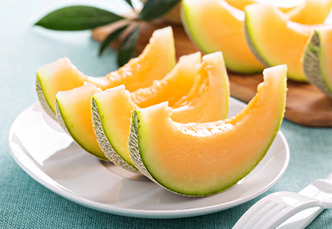
Vitamin C content: 37 mg per 100 g.
21. Cabbage (Brassica oleracea var. capitata)
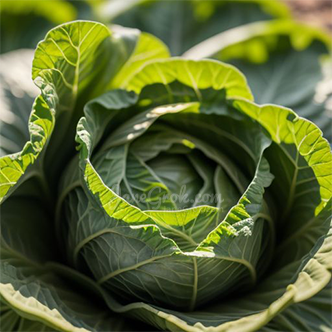
Vitamin C content: 37 mg per 100 g.
22. Mango (Mangifera)
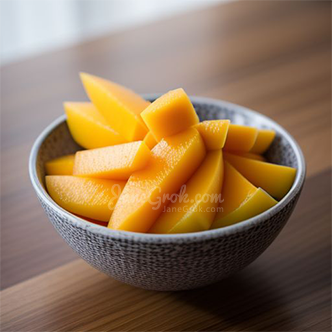
Vitamin C content: 36 mg per 100 g.
23. Grapefruit (Citrus × paradisi)
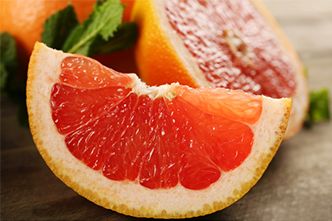
Vitamin C content: 31 mg per 100 g.
24. Lime (Citrus × aurantiifolia)
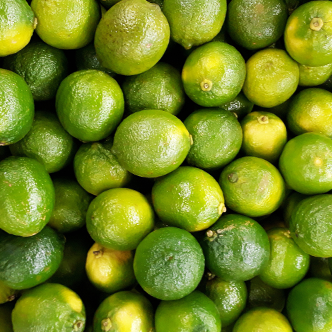
Vitamin C content: 29 mg per 100 g.
25. Banana (Musa)
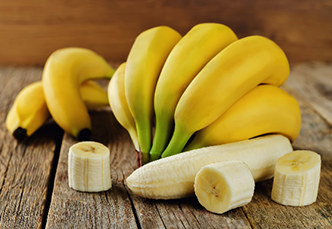
Vitamin C content: 9 mg per 100 g.
A strong and resilient immune system is a cornerstone of good health, and it starts with the right nutrition. The 25 vitamin C rich foods featured in this guide provide a diverse and delectable way to fortify your body’s natural defenses. By making these foods a part of your daily diet, you not only enhance your immune response but also bolster your overall well-being.


